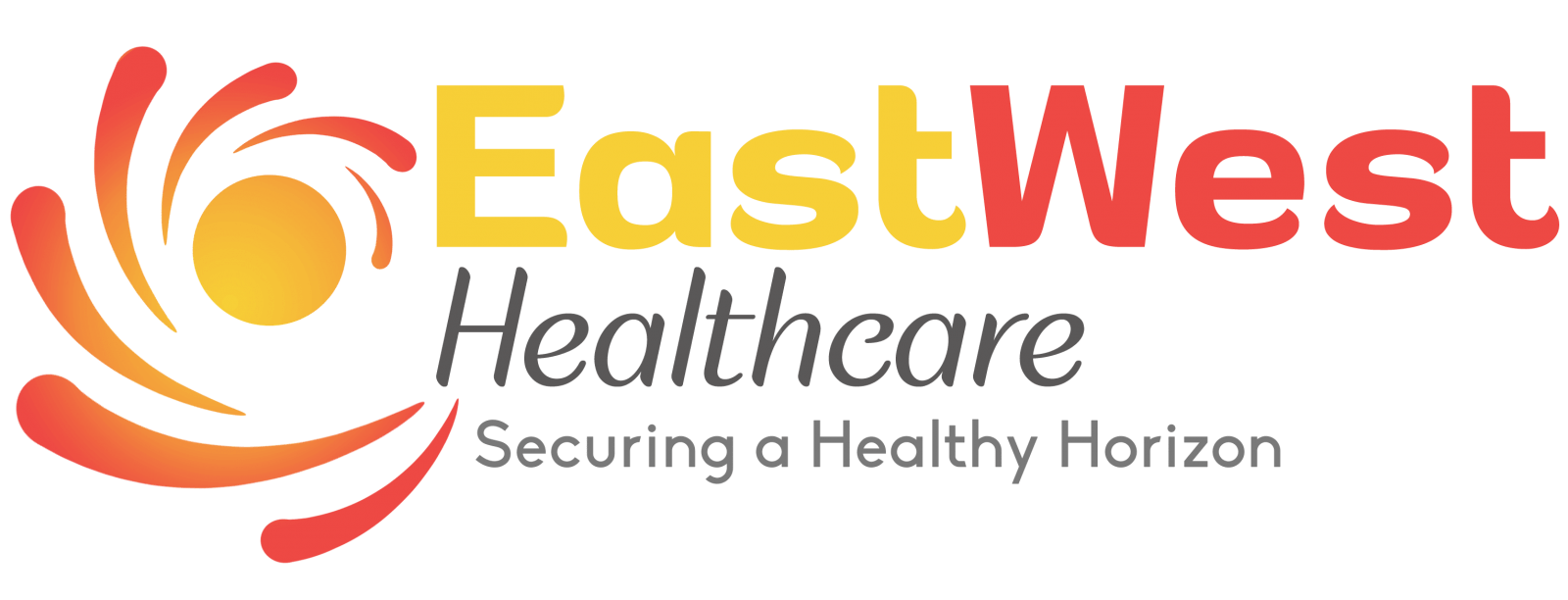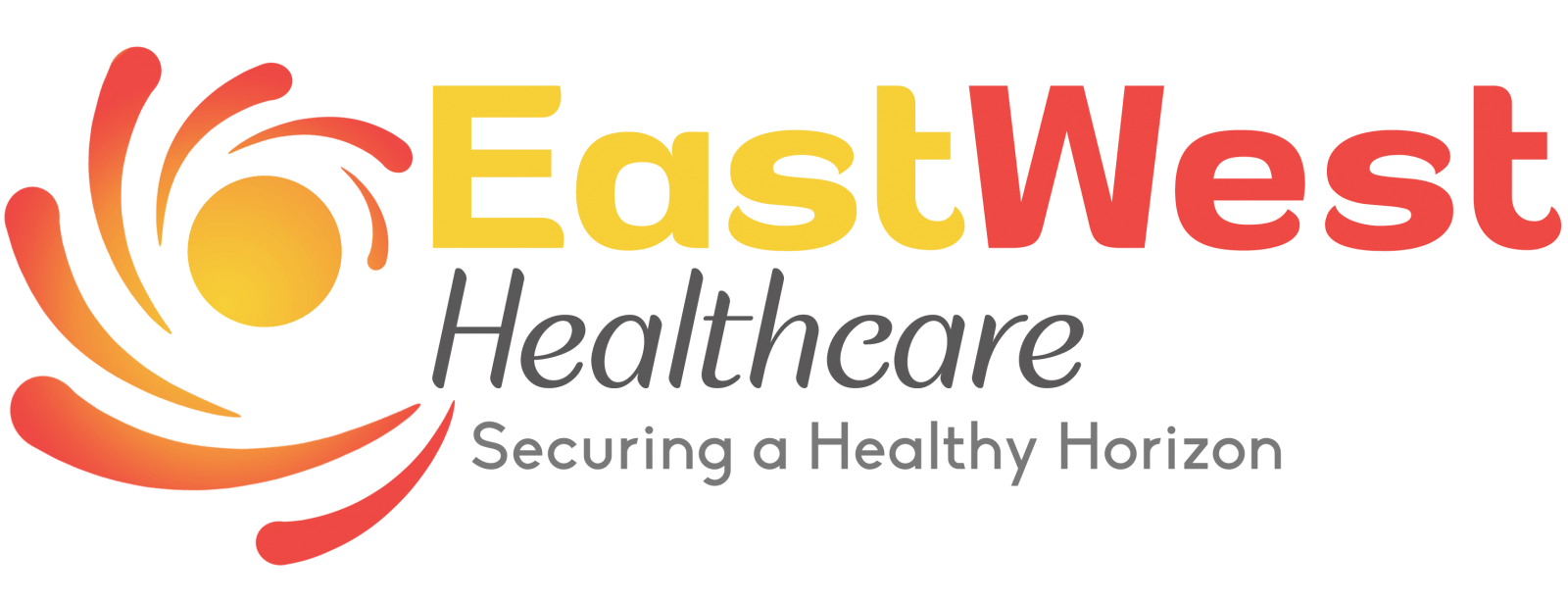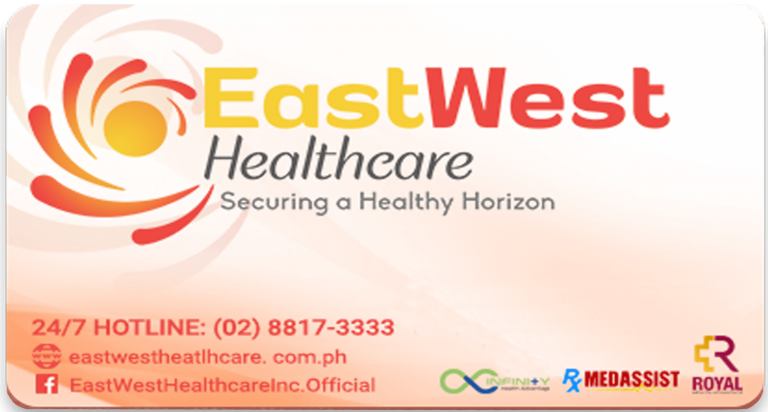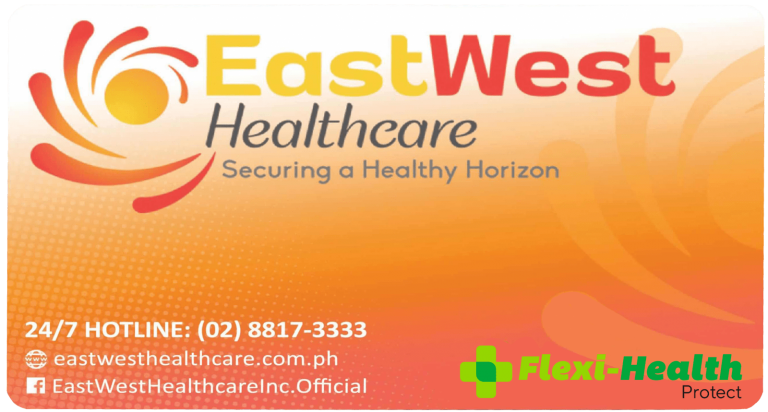It’s that time of year again: Christmas and New Year’s Day are a time of joy, celebration and feasting, and a whole host of health-related issues come with them.
Heart attacks spike during this time of year for many Filipinos. Many factors are at play here, including increased stress levels, weight gain due to the abundant holiday eating, and overindulgence in drinks that lead to dehydration.
What happens in a heart attack?
Heart attacks can occur when the heart’s arteries are blocked by a buildup of fatty deposits called plaques. Plaques are made up of cholesterol, fat and other substances that build up in the blood vessels. If this buildup is not treated, it can lead to a heart attack.
The blockage causes oxygen-starved tissues to die. This can lead to chest pain and shortness of breath, which are symptoms that may be mistaken for indigestion or heartburn.
Why are many people at risk during the holidays
According to the American Heart Association, cardiac death is almost 5% higher during the holiday season. These are the reasons why anyone can be at higher risk for a heart attack during this time:
Stress
Heart attack rates during calendar holidays about the increased stress of shopping, travelling and entertaining friends and family. The rush of planning parties and events and the constant pressure to buy gifts for loved ones can increase anxiety and stress levels in many people, leading to heart attacks.
When the body is stressed, one of its reactions is to release adrenaline when the body is stressed, which causes the heart rate to increase and blood pressure to rise. This can make it harder for your heart to pump blood around your body and may lead to a heart attack if you’re not careful.
Loneliness
The holidays are a time when many people feel like they don’t have enough family or friends around them, and that can make them feel lonely. Loneliness and social isolation can increase the risk of death from a heart attack or stroke by up to 30%, according to new research.
The answer lies in the hormone cortisol. Cortisol is released when you’re stressed—and loneliness is an incredibly stressful experience. Cortisol causes your body to retain water, which can increase blood pressure and cause other issues with heart health. It also increases inflammation, which can lead to diabetes and other conditions that make it harder for your body to deal with stress effectively. Finally, cortisol raises “bad” cholesterol levels in your blood (LDL), which contributes to plaque buildup in your arteries and makes them more prone to blockages that can cause heart attacks or strokes.
Unhealthy holiday habits
The holidays are a time when many people make poor food and lifestyle choices. In fact, it’s not uncommon for people to gain up to 10 pounds during this season.
Here are some common holiday health hazards:
- Excessive alcohol consumption. This is by far the biggest risk factor for a heart attack during the holiday season. While it may seem fun to socialise with friends and family, excessive alcohol intake can increase blood pressure, damage your liver and kidneys, and lead to other health problems.
- Over-indulgence in fatty foods and sweets. Many people have trouble saying no when someone offers them food or drink during the holidays—but that’s not always a good idea! Too much fat can clog your arteries and cause a heart attack if you’re not careful!
- Lack of sleep or poor sleeping habits. It’s easy to get caught up in all the excitement of the season—but if you’re not getting enough sleep or having trouble falling asleep at night, it could put your health at risk during this time of year (and beyond).
Delaying treatment
Along with stress from travel and family gatherings, less exercise, sleep deprivation, and the pressure to get everything done in a short amount of time, many Filipinos take on the added burden of being away from home, where they might not have access to their regular doctors or medicine.
People are also reluctant to go to the hospital during the holidays. They don’t want to ruin their family’s plans with an unexpected trip to the ER.
Seasonal affective disorder (SAD)
Seasonal Affective Disorder (SAD) is a type of depression that people experience during certain seasons, usually winter or rainy season. It’s common in the Philippines, where people may feel depressed in the rainy months and more cheerful in the summer with warm, longer hours of sunshine.
The symptoms of SAD include low energy levels, irritability, and feeling sad or hopeless. If you have SAD, you may also find yourself craving carbohydrates and sugars and having trouble sleeping.
Suppose you have not been diagnosed with SAD but have experienced similar symptoms during certain seasons in the past. In that case, you need to talk with your doctor about whether or not you might need treatment options, such as light therapy or antidepressants.
Signs of a heart attack
You can’t always tell when someone is suffering from a heart attack. But if you know the signs and symptoms, you can help them get the care they need faster.
If you suspect that you or someone is suffering from a heart attack, it’s essential to know the symptoms. The most common symptoms include:
- Chest pain or discomfort
- Pain in the upper body, neck, jaw or arms
- Shortness of breath and difficulty breathing
- An overwhelming feeling of anxiety or a sense of doom
How to take care of yourself during this time
The good news is that there are plenty of things you can do though to protect your heart during this joyous season.
- The first step to preventing heart attack is ensuring you eat healthy food. Avoid foods with high levels of salt, fat and cholesterol.
- If you make a habit of walking at least 30 minutes per day, this will help lower your blood pressure and reduce your risk of developing heart disease.
- To help keep your blood pressure down, try doing some light exercise before bedtime or when you wake ug. You could take a walk, ride your bicycle or swim laps at the local pool.
- It’s important that you get plenty of sleep during the holidays so that your body has time to repair itself from all the stress it endured throughout the day.
- And remember, if you are experiencing chest pains or other symptoms, call 911 immediately.
While there’s no way to avoid the stresses of the season completely, the small steps mentioned above can make your holidays healthier and happier both for yourself and your loved ones.
Happy holidays from Eastwest Healthcare!






